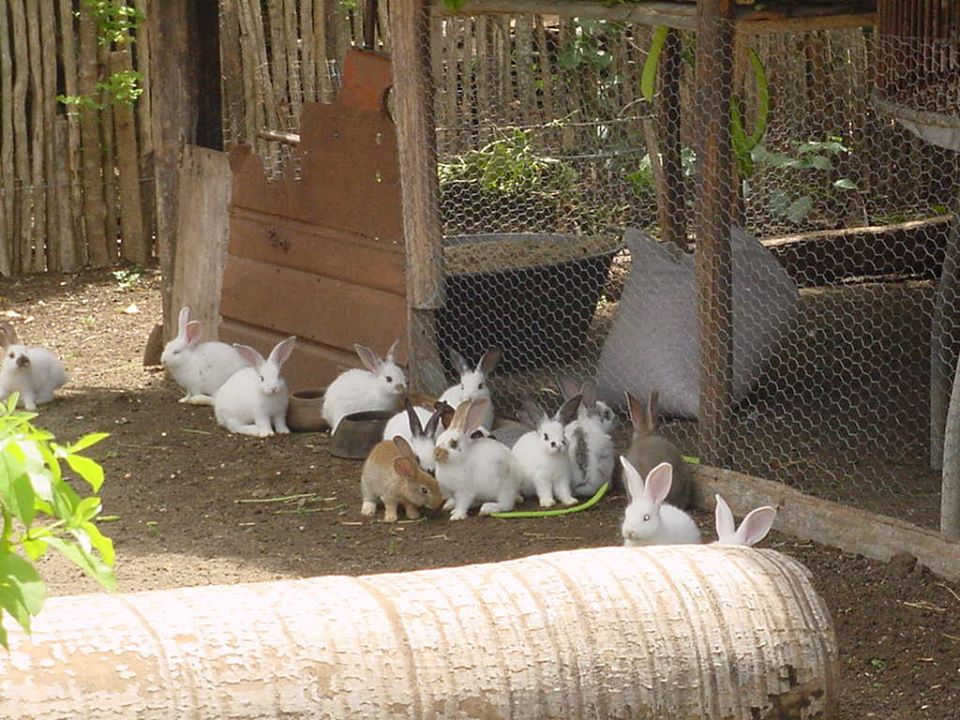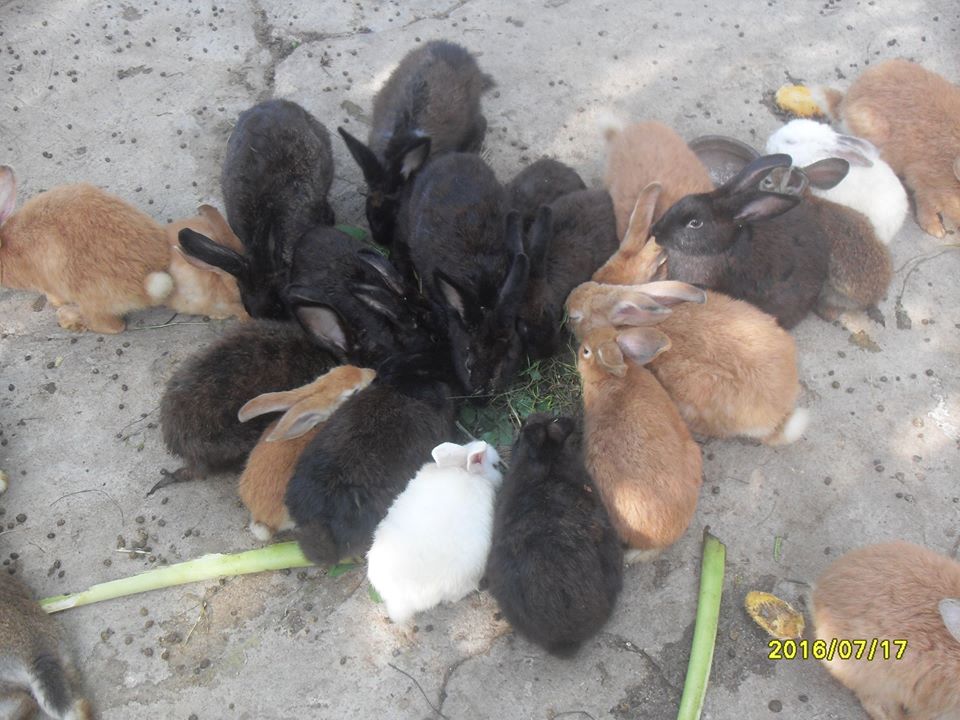
Almost every afternoon this August, a group of adolescents, adapted to the third phase of the post-COVID-19 recovery stage, retrace various places of the Sports neighborhood, from this city of Las Tunas, in search of different herbs and other specimens of flora to feed their rabbits.
Las Tunas, Cuba.- Images like these are recurring year after year because, in one way or another, boys have always wanted to raise these animals that are so profitable for families. Unfortunately, in their adulthood, few continue this hobby, started at an early age.
However, these days the number of rabbit farmers is growing, as Aurelio Quiñones Soria, president of the Society of Rabbit and Guinea Pig Breeders, of the Cuban Association of Animal Production in the territory, refers, from which several related experiences are generalized with the feeding of rabbits, with the purpose of increasing their breeding.
This type of livestock is not difficult or expensive, because it can be done in small spaces, Quiñones says. "Add to that that we live in a country rich in food alternatives. The most important thing is to know the nutritional requirements that these animals have and, based on what exists in abundance, prepare rations that promote daily weight gain and that favor reproduction."
 "Breeders already have experiences with the use of moringa and other protein and forage plants, including tithonia, mulberry and sugar cane, as well as different herbaceous plants that nourish and prevent diseases."
"Breeders already have experiences with the use of moringa and other protein and forage plants, including tithonia, mulberry and sugar cane, as well as different herbaceous plants that nourish and prevent diseases."
"We do not take sufficient advantage of the carob tree sheaths of the country, the fistula cane, the ripe or green mangoes, the coconut, the sugars and other natural products rich in proteins and carbohydrates, very nutritious and with various processing possibilities."
FROM THEIR OWN EXPERIENCE
In his family, rabbits were always raised, which he learned to care for and also to eat, although - he confesses - he is unable to slaughter them. Due to the twists and turns of life and various responsibilities, he lost the bond with these animals until, through a friend, he became a partner. At that moment he made a decision that has marked his life until today: he would resume parenting!
Quiñones says that his minutes go by watching them eat, and at almost 65 years old he is a happy man because he has spent his life working, teaching and enjoying rabbit farming.
"Around that time I began to make cages with what I found and I dedicated myself to them. Luckily, my family has respected my passion and they have also learned it. Even when I have been absent from home, my son has supplied my functions with "I'm right. Sometimes I've thought about stopping. But I can't anymore."
"The benefits are many, because you have a guaranteed protein level. I think that is part of food sovereignty, it is as if you had a refrigerator in the yard. A small specimen can be consumed in the day and that constitutes a guarantee It also favors me spiritually because I enjoy watching them grow and develop."
 "If they take good care of themselves they do not get sick. It is enough with the availability of water and food, comfortable and clean places. And being with their peers, so that they can interact."
"If they take good care of themselves they do not get sick. It is enough with the availability of water and food, comfortable and clean places. And being with their peers, so that they can interact."
"Raising rabbits is easy because they do not emit strong odors, they do not make noises that disturb the neighbors and they eat a lot of things. I know someone who lives in an apartment and has a room dedicated to this activity. That says a lot. And the truth is is that it should be generalized even more, because we live in a land that offers options to breed any animal species."
This man from Las Tunas feels satisfied, who makes an effort to produce food in his yard for the benefit of the family. He also experiences the same feeling when he sees children motivated by rabbit farming, wanting to learn and raise. And yes, that is his full moment: knowing that others will walk the same path as him.
Little by little, rabbit farming is gaining followers in Las Tunas, because it is a very prolific species, which grows rapidly if it has a balanced diet, and adapts to the purpose of producing food in patios and other small areas as part of the Urban, Suburban and Family Agriculture movement.





